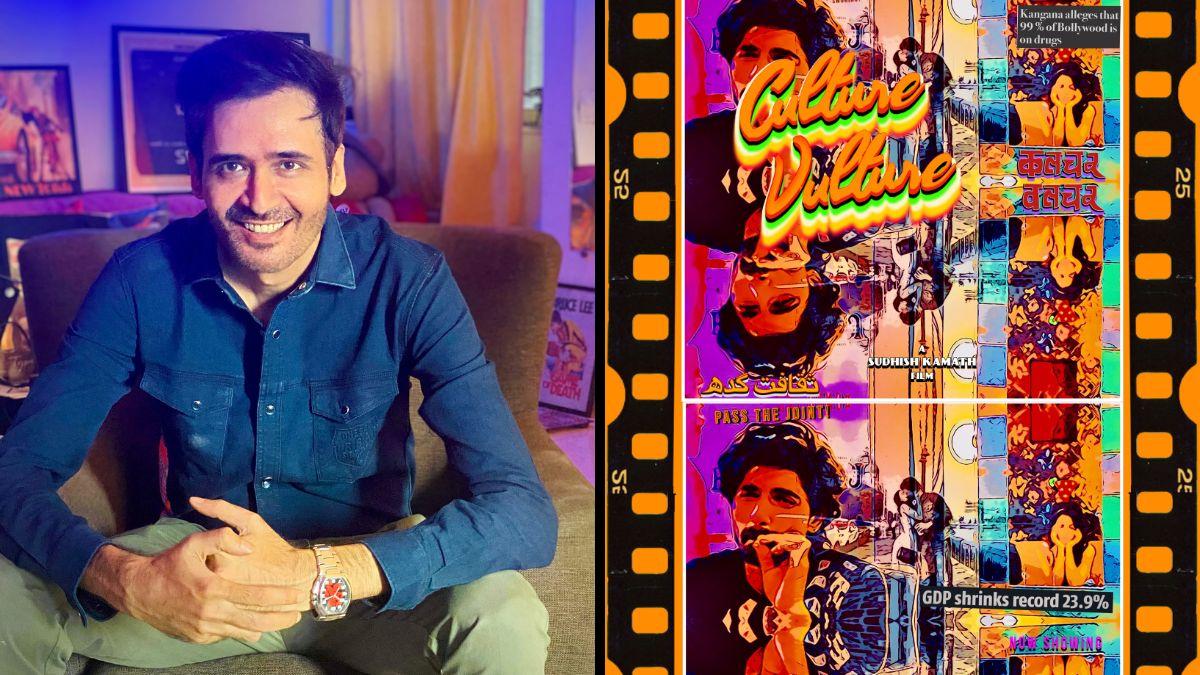
Sudhish Kamath on ‘Culture Vulture’ and kissing goodbye to indie
The Hindu
Sudhish Kamath's final film, Culture Vulture, satirizes media and entertainment, marking the end of his indie filmmaking journey.
Sudhish Kamath cuts a curious figure in Indian independent cinema. His chatty, self-referential films are rarely arthouse events. Rather, he makes quick, quirky, low-budget movies in the tradition of the early mumblecores. Sudhish, a former film critic, writes, directs and self-finances his films. But after over a decade of toughing it out all by himself, on the fringes of an indifferent industry, he’s ready to hang up his boots.
Last year, Sudhish announced his newest film — Culture Vulture, a stoner comedy that satirises a supine media and entertainment world — as the last he’ll independently direct. His rationale is straightforward and hard to rebut; years of self-producing his movies have left him drained and exhausted, both financially and spiritually.
“I’m done, man,” Sudhish says with candid finality. “I kept pouring my own money into movies thinking I was pursuing art. I was living out of a suitcase to fund my last film. But then my friends told me, it’s become almost like a gambling habit. I had to understand and draw the line.”
Culture Vulture, Sudhish’s marijuana-addled last hurrah, initially took shape as a direct sequel to his 2010 film Good Night Good Morning, a black-and-white romance about two strangers who connect on New Year’s Eve. Along with Side A Side B (2017), it rounds out his self-described ‘retro romance’ trilogy.
“We shot the earlier version of the film for three days and had already spent 15 lakhs on it. We decided to shelve it because nothing was going right on that project.” This was in December 2019; once the pandemic struck, he lost his skeletal crew including his director of photography from South Africa. With filming restrictions in place and no real budget to go on, Sudhish decided to ‘DIY’ the whole thing, investing in a modest shooting gear and handling costumes, edit, and visual effects all by himself.
He also vastly reworked the screenplay, expanding its satirical ambit. The impetus was the frenzied smear campaigns and accusations of drug use against Bollywood celebrities following the suicide of Sushant Singh Rajput (all while, as the film points out, the GDP plummeted and a conglomerate acquired stakes in a major airport).
Anav (Shaurya Tyagi), the protagonist of Culture Vulture, is a stereotypically clueless Hindi film hero, a spaced-out doofus with “no opinions” who walks into a media witchhunt when he assents to taking a drug test during an interview. To complicate matters, the headstrong journalist, Ila (Rashi Mal), turns out to be his ex.











